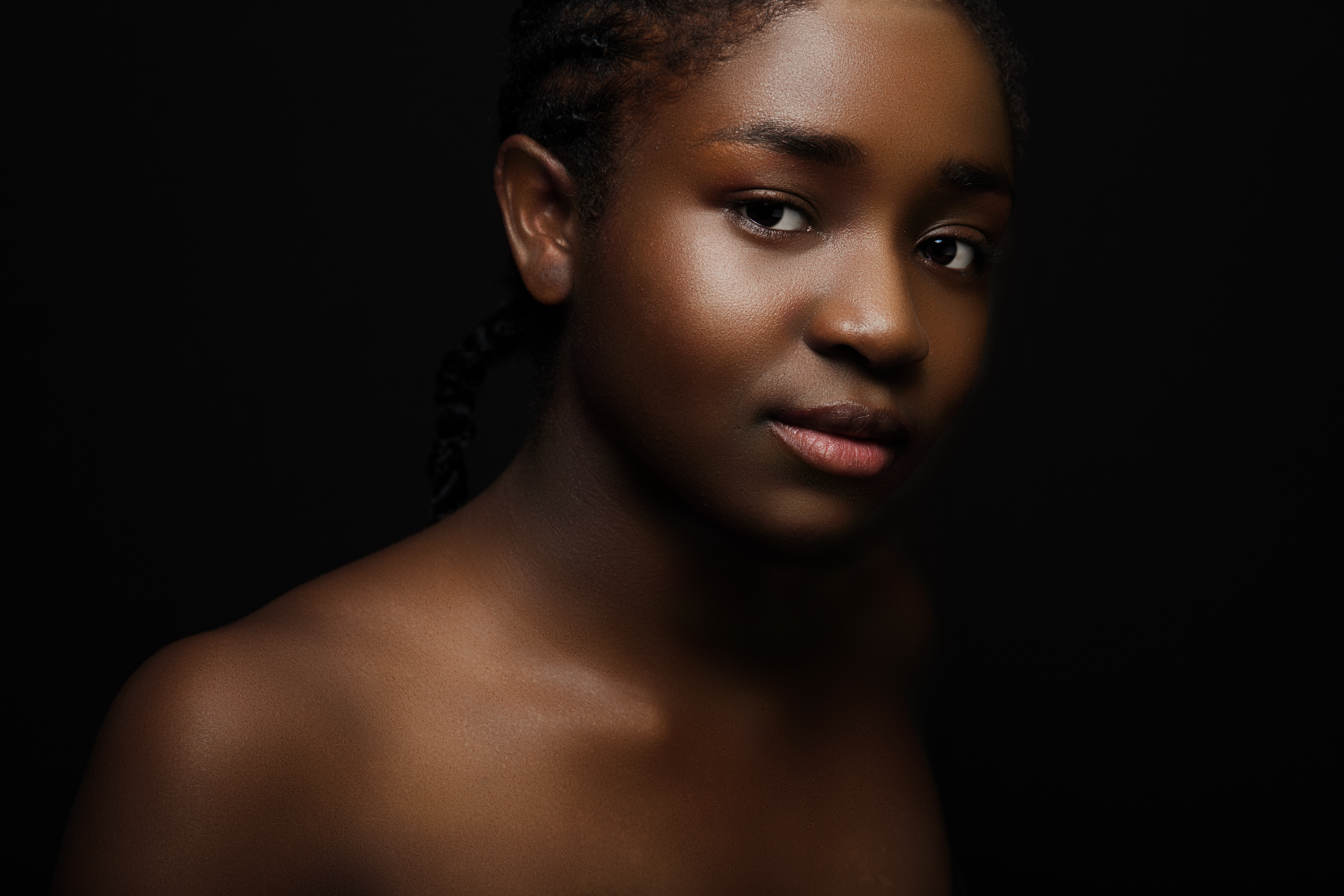- NOVALUNE LASER
- .
The Best Laser Treatments for Dark Skin Tones

Unwanted hair is an inconvenience that has long plagued people of all ages, races, and genders. While laser hair removal has been an accessible and longstanding solution for those with lighter skin, that has not always been the case for those with brown and black skin tones.
But, thanks to growing efforts focused on inclusivity as well as tremendous technological advancements, we can now safely administer effective laser hair removal on dark skin.
So why has LHR been considered precarious for persons of color before the launch of this new generation of devices? First, we need to understand the basics of how laser hair removal works.
The word LASER stands for light amplification by stimulated emission of radiation.
Lasers emit a beam of intense light. That light converts to heat, which then damages the pigmented tissue or hair follicle along with the hair bulb. Only hairs in the active growth stage are targeted by laser, one of the many reasons why multiple sessions are required and why other methods of hair removal – waxing, tweezing, plucking, depilatories, epilating, etc. – are strongly discouraged throughout the course of treatment.
The contrast between the color of the skin and the color of the pigment in the hair follicle is what the laser targets as its bullseye, known as a chromophore.
Historically, laser hair removal for dark skin has been a gamble because devices have lacked the sophistication to distinguish between the pigment of the hair and the pigment of the skin. The skin’s surface is much shallower than the hair follicle and bulb, posing the risk of discoloration, blisters, severe burns, and permanent scarring.
What advancements have laser devices undergone to make hair removal safer and more precise for a wider range of skin tones? The launch of two newer types of lasers: the Nd:YAG and the diode.
The Nd:YAG, or, as those of us in the industry call it, the YAG, continues to grow in popularity. The wavelength, or distance between one peak or crest of a wave of light and the next corresponding peak or crest, is longer and goes deeper into the skin. In doing so, it bypasses the epidermis or melanin of the skin altogether and goes straight to the hair follicle, making it an ideal treatment for darker skin tones.
The diode is the second type of laser that is a safer option for dark skin. Along with a longer wavelength, the energy of the laser is delivered more slowly with each pulse, so the skin has more time to cool in between each output beam from the laser. A diode laser also has an instant cooling mechanism that protects the surface of the skin from overheating and incurring thermal damage. One of the biggest benefits of a diode laser is that it is known for being the least painful laser hair removal device overall.
As you are researching LHR to determine if it is a safe and viable option for your skin tone, one of the most important factors is knowing the training and skillset of your laser technician. An experienced technician should understand the characteristics of the laser, including:
- Wavelength
- Power settings
- Duration of each energy pulse
- Amount of time between pulses
- Number of pulses per treatment
Although laser hair removal for black skin has been around since the early 2000s, many facilities have not invested in the right equipment because of the high cost of these devices. It is imperative that you take the proper precautions and find business owners and practitioners who understand the intricacies of treating clients with darker skin tones. Just like with skincare and estheticians, the laser hair removal industry is saturated with a very high turnover rate among technicians. This is not the time to go looking for the best deal on Groupon or a seasonal close out sale.
Invest in your skin, ALWAYS. After all, it’s going to represent you for a very long time!
At NOVALUNE LASER, we use the 808nm Diode Laser, one of the best laser hair removal options for dark skin. If you have a dark skin tone and are looking for laser hair removal services, we can help! Simply contact us today to schedule your FREE consultation, where we will do a test spot to see how your skin reacts to treatment.







